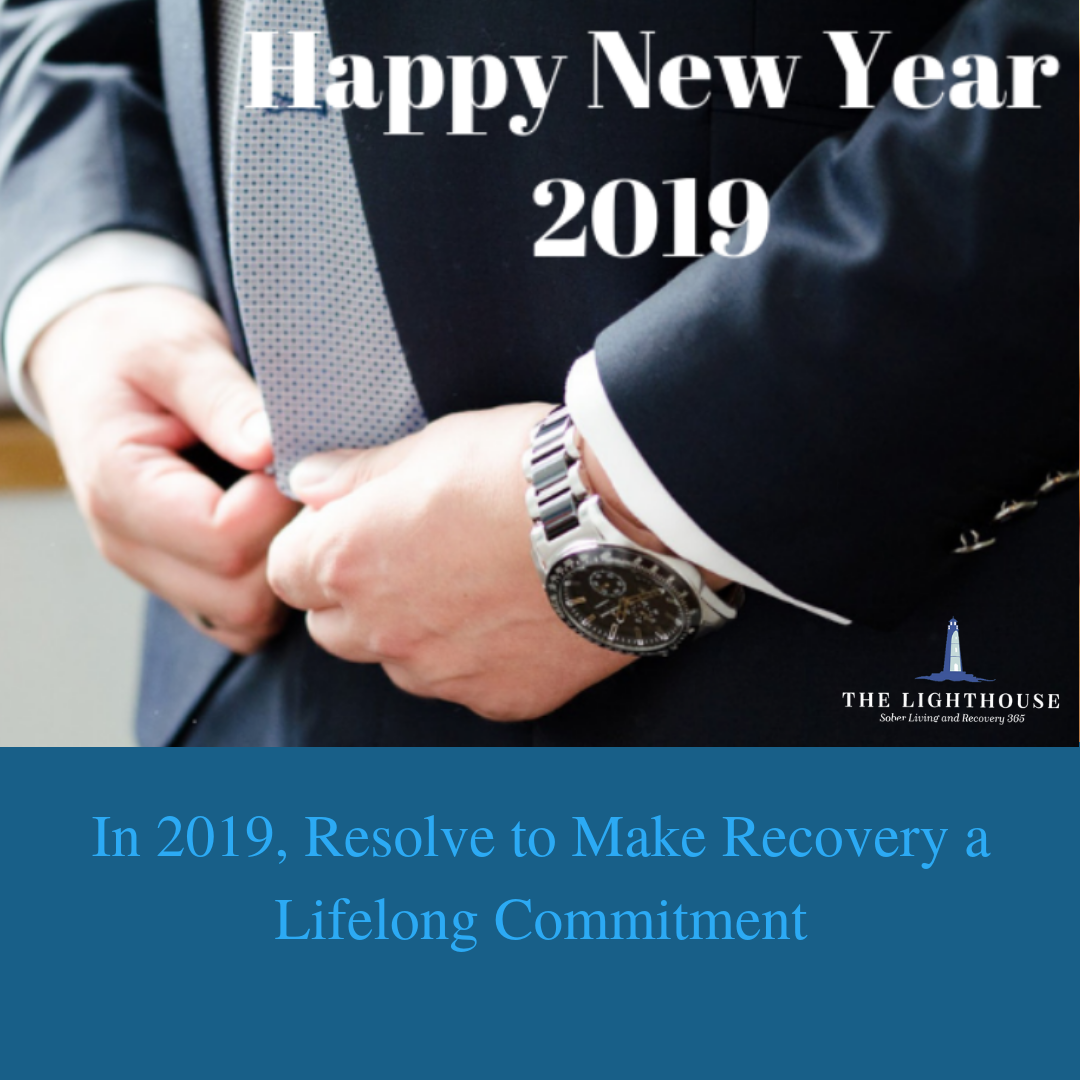In 2019, Resolve to Make Recovery a Lifelong Commitment
What are your Recovery Goals for 2019?
Welcome to January 1, 2019. You made it. Doesn’t it feel good to wake up on this bright morning without the smell of alcohol and tobacco escaping from your pores?
Of course, it does. Congratulations, you made it through the holidays without a drink or a drug. Early recovery is robust enough without the added pressure of the holidays,
Now that you are here, what is your plan to stay in recovery and making each day better than the last?
This year commit to staying focused on your recovery. You can create a plan to make your plan for improvement to fire like a fine-tuned motor. Use your program to reach new highs without the obsession to use.
Without a commitment to act, you are just scratching the surface. You have to be more than willing to make these changes in your life. You have to be committed and ready to do the work.
In 2019 resolve to make commitments to recovery by:
1- Building new relationships within the recovery community.
Learn to enjoy the benefits life has to offer with others who have learned how to live through anxiety, fear, excitement, and happiness without having to use it. Isolation is dangerous to your recovery. Make it a point to build new relationships in recovery. Attend 12-step meetings, SMART Recovery, or any of the multitude of support groups forming in the recovery community today.
When you form new relationships within the recovery, you find inspiration and hope. Others will share their stories about commitment and change. You’ll start to feel a part of something positive. The feeling of being connected, accepted, or belonging to something is hardwired into you.
2- Choosing an alternative route for recovery.
If you relapse or can’t seem to stay sober on your own, consider sober living. Maybe a fourth inpatient treatment program isn’t the answer. Inpatient treatment is beneficial to your recovery, but how many times do you need to learn coping mechanisms and uncover the core issues which cause you to do obsess for drugs or alcohol?
You might have noticed that the obsession to use disappears after the detox part of the inpatient process. Still, the compulsion to drink and drug magically reappears the moment you are discharged.
If this sounds like you, you are the perfect candidate for sober living. Sober living has changed and has come a long way for the therapeutic communities of old. And it is no longer synonymous with halfway house.
Executive sober living is a community of like-minded peers living, working, and recovering together under the same roof. Your day-to-day doesn’t change all that much when you reside in an executive sober living home. You get to go to work and visit with family and live with a group of peers who are experiencing or experienced the same issues with learning how to live life on life’s terms without drink or drug.
In 2019, start forging new healthy relationships for long-term sustained recovery. If you are struggling in your recovery, consider moving into a sober living home. Talk with your family about finding an executive sober living home to help you build a new foundation for recovery and forge new healthy relationships and connections to the recovery community while you’re at it.
3- Working with a recovery coach
Create a plan to find a recovery coach and use his or her experience strength and hope to empower you. Take advantage of everything he or she has to offer you. Don’t worry about being a bother to your coach. Pick up the phone, send a text message, meet for coffee, and talk about how you can achieve all your recovery goals.
Don’t let your addiction confuse you into thinking you are bothersome to your recovery coach. You employ a sober coach, so you have around the clock support. Your coach isn’t your 12-step sponsor. He is getting paid for his services; therefore, he or she expects to serve.
Coaches loved to be called up and asked for support. Its what they do. Remember that saying you learned in school, “the only stupid question is the one you don’t ask?” Think of that phrase when you feel you want to pick up the phone and call your coach about something that is bothering you. You’ll be well on your way to feeling better after the phone call.
With your coach, outline your values and beliefs and work towards changing your life, so you resonate with the benefits you find relevant to you. Addiction locked away all the best parts of you; recovery will manifest these values outwardly towards others. Discuss with your coach what is essential to you and create a plan for achieving these important goals.
4- Doing everything in your power to promote a better life for you.
When you develop habits that promote a healthy lifestyle, you will be committing to keeping your recovery at the forefront of your thoughts.
Several ways you can encourage a more healthy lifestyle in recovery:
-
Get busy moving- walk, run, or bike
-
Exercise- yoga, pilates, HIIT, or lift weights
-
Be mindful about what you are eating and drinking
Drink more water -
Read more often especially readings on recovery
-
Go to bed earlier, so you get at least 7 hours of sleep
-
Be more spiritual in all that you do
-
Practice gratitude
-
Meditate and deep breathing exercises
-
Spending time quietly with your higher power
There are so many ways for you to promote a healthier life for you.
5- Starting a recovery journal
Daily reflection through journaling is perfect for staying focused on your goals and what you need to improve in your life. Several ways you can journal
-
Purchase a journal that has a pre-made outline of questions for you to answer
-
Gratitude journaling which can help you in several ways A gratitude journal will help you to practice gratitude daily by helping you recognize what you are grateful for and why and how you show your thankfulness.
-
Journal in an app on your smartphone
-
Or get a notebook and start writing about whatever comes to mind
It’s your journal, and the only way you can do it wrong is by not doing it all. Use your journal to
plan, create smart goals, and act. You not only have to be willing to do the work, but you also have to be committed to doing the work.
6- Practicing mindfulness
Commit to being present in all that you do and say. Think before you speak or act. Break down each action into small parts. Process your thoughts and evaluate each outcome. Understand the reason behind all the decisions you are about to make and how the consequences will affect you or your loved ones.
When you begin to act mindfully, you are slowing down. Taking time to understand the reason and purpose for why you do what you do and how you do it allows you to connect to your sensibilities. Doing this will help you come to terms with the fact some changes happen slowly over time.
Learning to practice mindfulness will help you understand and proceed plateaus of change, which previously might have caused anxiety, stress, and frustration.
Committing to Change in Recovery
Early recovery doesn’t have to be complicated. One reason a newly-sober person finds rapid recovery difficult is not having an aftercare plan in place.
Aftercare isn’t working diligently to avoid people, places, and things and going to meetings. If you don’t have a process to handle the stress and anxiety associated with your old routine sans drugs and alcohol, you are setting yourself up for failure.
Living life in long-term sustained recovery on your own is possible, but developing a sense of happiness while experiencing the gifts of healing is not probable.
This year make your commitment to your recovery. Develop new interests, create new exciting ways to promote your health and well-being, and participate within the recovery community. Commit to starting your day with gratitude and celebrate your recovery from the moment you wake.
If you or a loved one would like to commit to recovery or is curious about executive sober living and recovery coaching, Call Trey Laird 203-400-8065
Want more happiness and fulfillment in life?
Commit to your recovery with The Lighthouse Sober Living Recovery 365.



